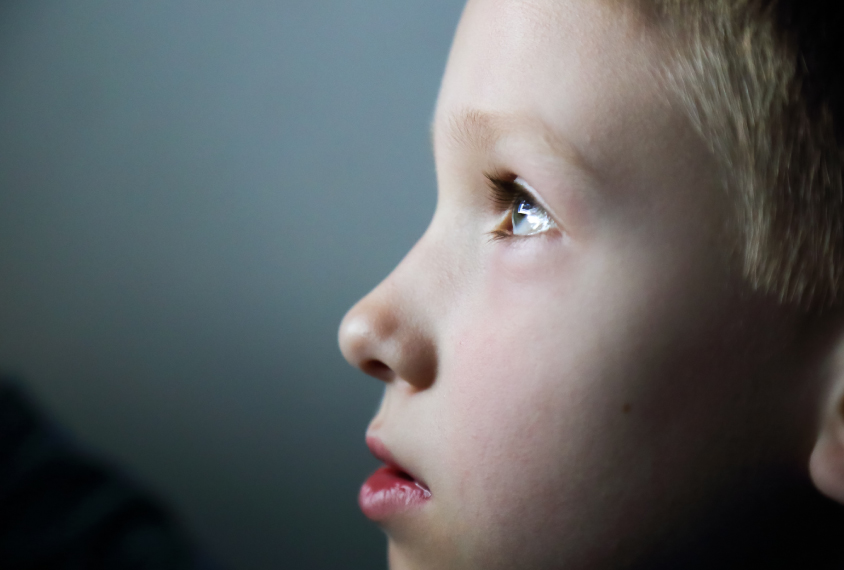Dr Layton joined the University of Waterloo in 2018. Before then, she held the position of the Robert R. and Katherine B. Penn Professor of Mathematics, and Professor of Biomedical Engineering and Medicine at Duke University. She is the Deputy Editor of the American Journal of Physiology–Renal Physiology, Associate Editor of SIAM Review Book Section, and Associate Editor of the SIAM Journal on Applied Dynamical Systems. She also serves as the Associate Dean, Research and International, for the Faculty of Mathematics, and chairs the Research Equity, Diversity and Inclusion Council at the University of Waterloo.

Anita Layton
From this contributor
Early-detection technique analyzes how children with autism scan faces
Researchers at the University of Waterloo in Ontario, Canada, have developed a new autism detection technique that distinguishes among different eye-gaze patterns to help doctors more quickly and accurately detect autism in children.

Early-detection technique analyzes how children with autism scan faces
Explore more from The Transmitter
Machine learning spots neural progenitors in adult human brains
But the finding has not settled the long-standing debate over the existence and extent of neurogenesis during adulthood, says Yale University neuroscientist Juan Arellano.

Machine learning spots neural progenitors in adult human brains
But the finding has not settled the long-standing debate over the existence and extent of neurogenesis during adulthood, says Yale University neuroscientist Juan Arellano.
Xiao-Jing Wang outlines the future of theoretical neuroscience
Wang discusses why he decided the time was right for a new theoretical neuroscience textbook and how bifurcation is a key missing concept in neuroscience explanations.
Xiao-Jing Wang outlines the future of theoretical neuroscience
Wang discusses why he decided the time was right for a new theoretical neuroscience textbook and how bifurcation is a key missing concept in neuroscience explanations.
Memory study sparks debate over statistical methods
Critics of a 2024 Nature paper suggest the authors failed to address the risk of false-positive findings. The authors argue more rigorous methods can result in missed leads.

Memory study sparks debate over statistical methods
Critics of a 2024 Nature paper suggest the authors failed to address the risk of false-positive findings. The authors argue more rigorous methods can result in missed leads.